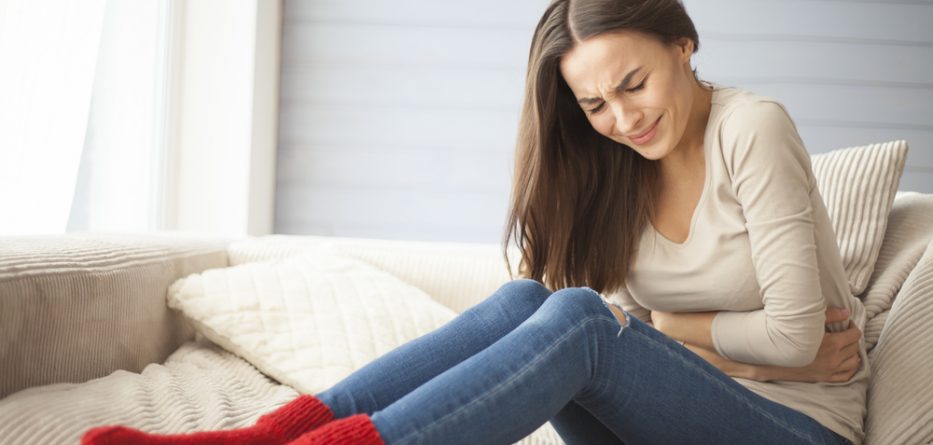Constipation is one of the most common digestive complaints in the US. It is typically defined as when a person has fewer than 3 bowel movements per week, or who also suffers from hard stools and incomplete bowel movements. A survey by the American Gastroenterological Association showed that around 16% of Americans suffer from chronic constipation, according to the Daily Mail. That’s equal to over 52 million people. It is particularly prevalent in people over the age of 60. With constipation making such a mark on the health of the US population, it is not surprising that there are a wealth of treatments available to relieve it.
Treatment
The treatment for constipation may vary from person to person depending on its cause.
- Diet & Lifestyle changes – Often, constipation is a product of certain lifestyle choices, such as how often someone exercises or what they eat. Lifestyle changes that can be made to relieve constipation are simple and often overlooked. Not drinking enough water is a widely accepted cause of constipation, so drinking more may help relieve it. One of the other most commonly suggested ways of treating constipation is to increase the amount of fibre in the diet. Beans, lentils, fruits, vegetables, and wheat/oat bran all contain high amounts of fibre. Conversely, reducing the amount of red meat and dairy can help, too. Finally, lack of exercise is now thought to be a leading cause of constipation. By exercising more, the digestive process is sped up, which reduces the amount of water absorbed from stools. This makes them easier to pass through the large intestine. Read more about exercise and constipation by clicking here.
- Laxatives – Sometimes a doctor may suggest a laxative. These can work in a variety of ways, but they all help by causing a bowel movement to occur. Lubricant laxatives help by adding oil to the intestine, helping prevent water absorption and keeping the stool soft. Other types, like stimulant laxatives, work by causing the muscles in the colon to propel their contents more quickly. There are risks associated with laxatives, however. Stimulant laxatives can sometimes make constipation worse, as there is evidence to suggest that they cause damage to the colon. In addition, pregnant women are often at risk when taking lubricant laxatives. Emollient laxatives are generally safe, but may cause inflammation of some body tissues. Read more about laxative risks by clicking here.
- Enemas – An enema is a procedure in which a fluid or other substance is put into the rectum in order to expel its contents. Enemas are usually a last-resort procedure to eliminate a colon blockage or otherwise particularly severe form of constipation. Read more about them here.
- Surgery – At times when constipation poses a medical emergency, surgeons may perform a procedure to remove the blockage. This is quite rare, and is often a treatment of the symptoms rather than the cause. However, some procedures involve implanting electrodes and a battery to stimulate the nerves in the bowel.
Featured image: Depositphotos / [email protected]




